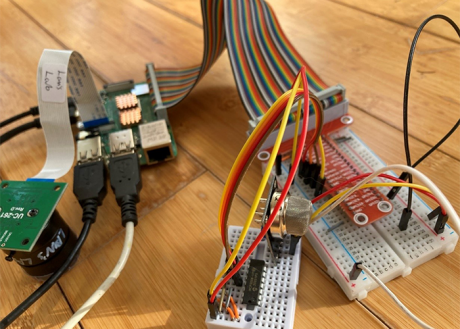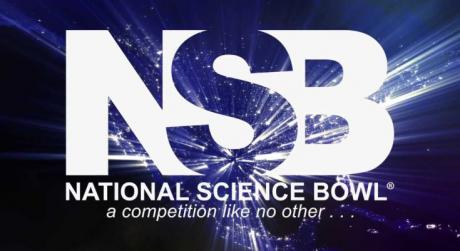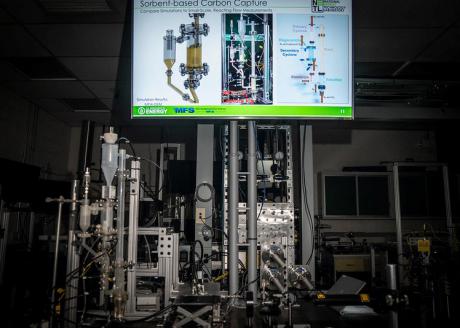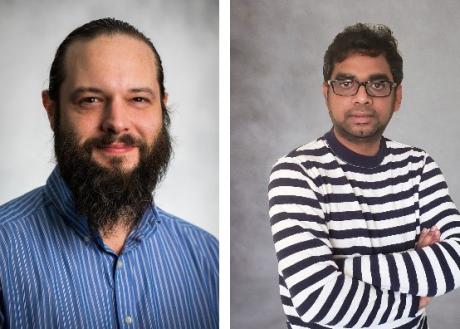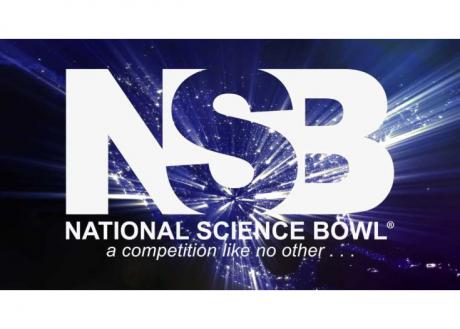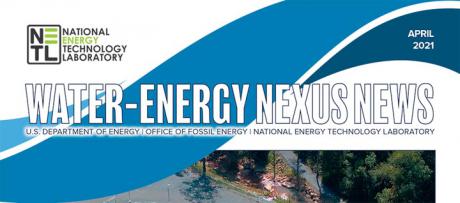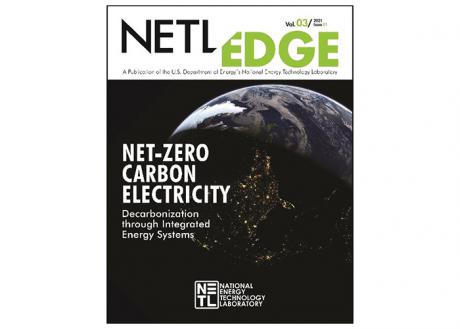In support of NETL’s Historically Black Colleges and Universities and Other Minority Institutions (HBCU-OMI) program, the Lab consistently engages new organizations such as Morgan State University (MSU), which is developing robust high-temperature sensors that will unlock higher power plant efficiencies as part of their first‑ever collaboration with NETL.
“Higher efficiencies are key to reducing carbon emissions,” said Maria Reidpath, who manages the MSU project. “As a result, accurate temperature monitoring is critical to achieving these goals. That is why the MSU work is so important — the team is developing much-needed temperature sensors and making sure they will survive in the extreme environments of advanced power generation systems.”
The sensors under development at MSU are ceramic-based, super-high temperature thermocouples that are corrosion resistant and erosion resistant up to 1800 degrees Celsius and 1000 PSI. The ceramic thermocouples are as economical as traditional metal-based thermocouples while providing the ability to work under extreme conditions in the same ways as more expensive optical and acoustic sensors.
About
News and Events
Research and Programs
Carbon Management Point Source Carbon Capture Carbon Dioxide Removal Carbon Dioxide Conversion Carbon Transport & Storage Hydrogen with Carbon Management
Resource Sustainability Methane Mitigation Technologies Minerals Sustainability Natural Gas Decarbonization and Hydrogen Technologies Advanced Remediation Technologies Energy Asset Transformation
Key Lab Initiatives Advanced Alloys Signature Center (AASC) Science-based Artificial Intelligence and Machine Learning Institute (SAMI) Center for Microwave Chemistry (CMC) Center for Sustainable Fuels and Chemicals (CSFC)
Energy Technology Development Office of Energy Efficiency and Renewable Energy Battery Workforce Initiative Cybersecurity, Energy Security, and Emergency Response Office of ElectricityGrid Resilience
Business
Library
Explore our Library

Approved Categorical Exclusions Environmental Assessments Environmental Impact Statements Oil and Gas Projects Summaries NETL Fact Sheets NETL Newsletters Publication Search Energy Data Exchange (EDX) FECM External R&D Final Technical Reports Summary Information for External R&D Awards Technical Reports Series (TRS) Peer Review Reports Interagency Working Group Initial Report
- Research and Programs
- Carbon Management
- Core Competencies
- Resource Sustainability
- University Training & Research
- Key Lab Initiatives
- Energy Technology Development
- Featured Infrastructure
- Methane Emissions Reduction Program
-
- Business
- Technology Transfer
-
- Library
- Energy Analysis
-
- About
- News and Events
- Education




